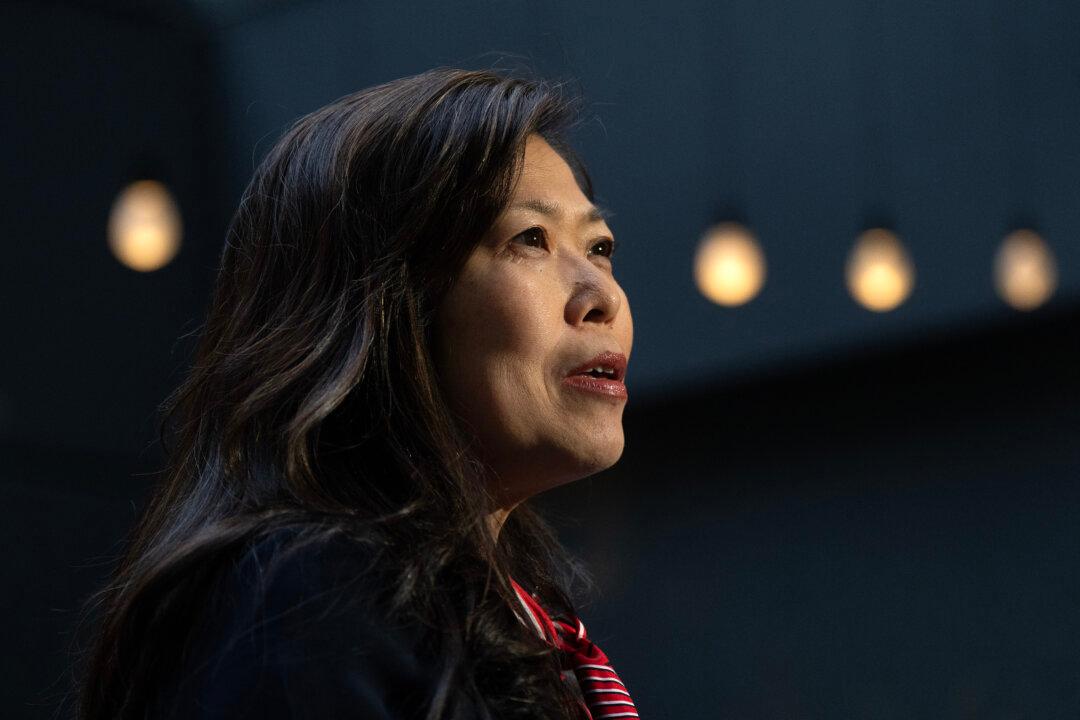International Trade Minister Mary Ng is refraining from commenting on the resumption of Canada-India trade talks, citing the government’s focus on investigating allegations linking India to the killing of a Sikh separatist leader in suburban Vancouver.
“Right now, the focus for Canada is to let the work of the investigation proceed,” Ms. Ng said during a press briefing on Nov. 15 on the sidelines of the Asia-Pacific Economic Cooperation (APEC) summit, which ran from Nov. 11 to Nov. 17 in San Francisco. Her comment was in response to a question on whether there will be a resumption of trade talks between the two countries.





